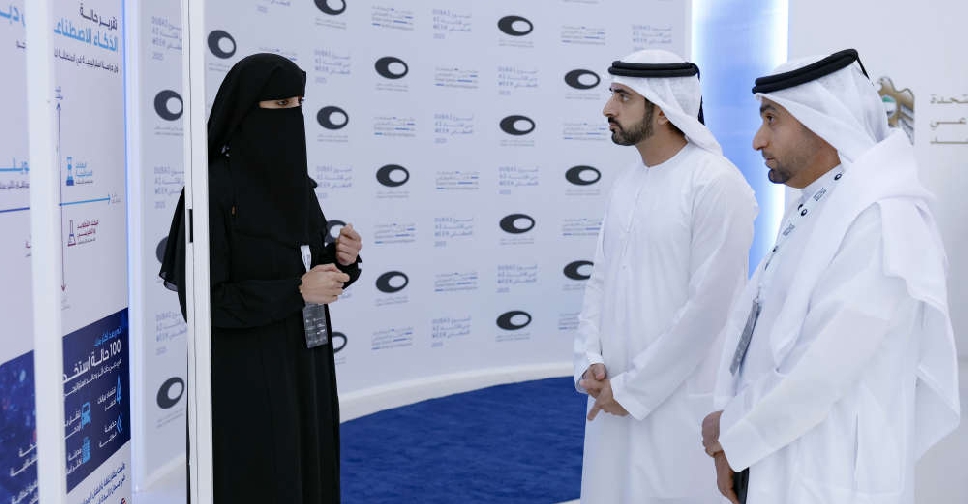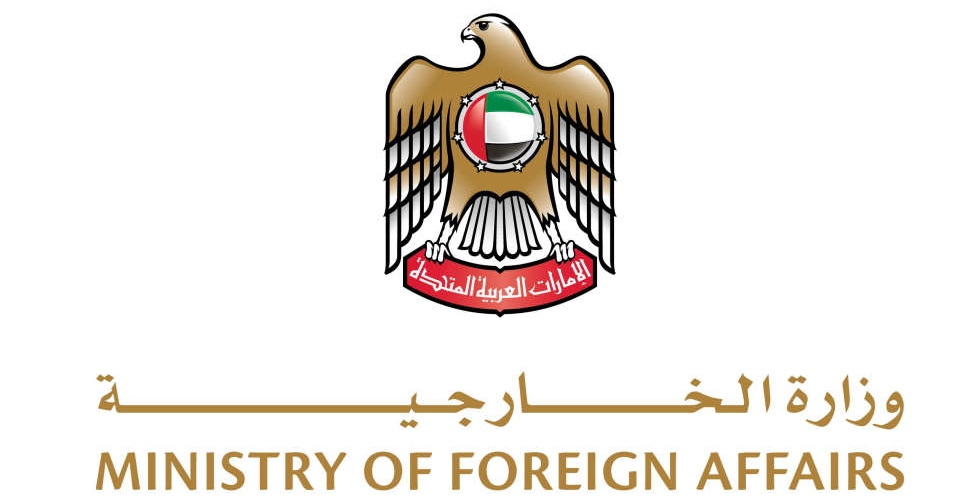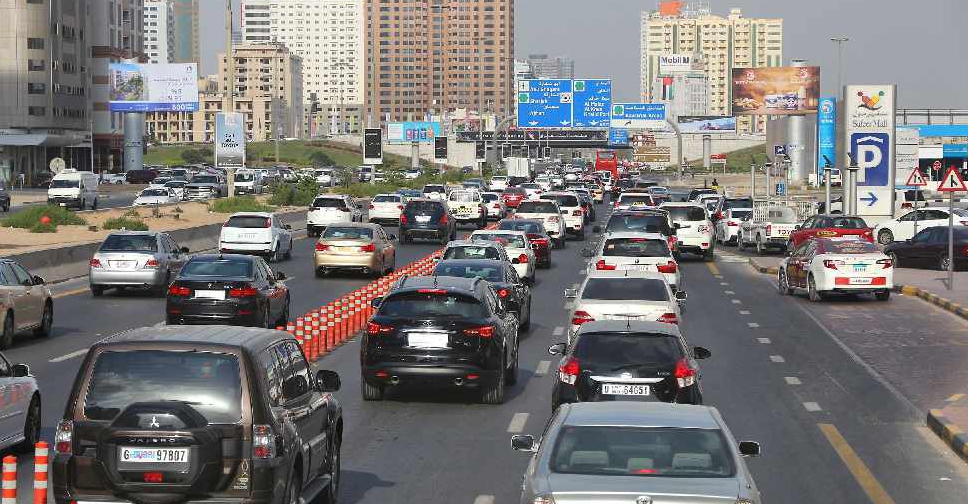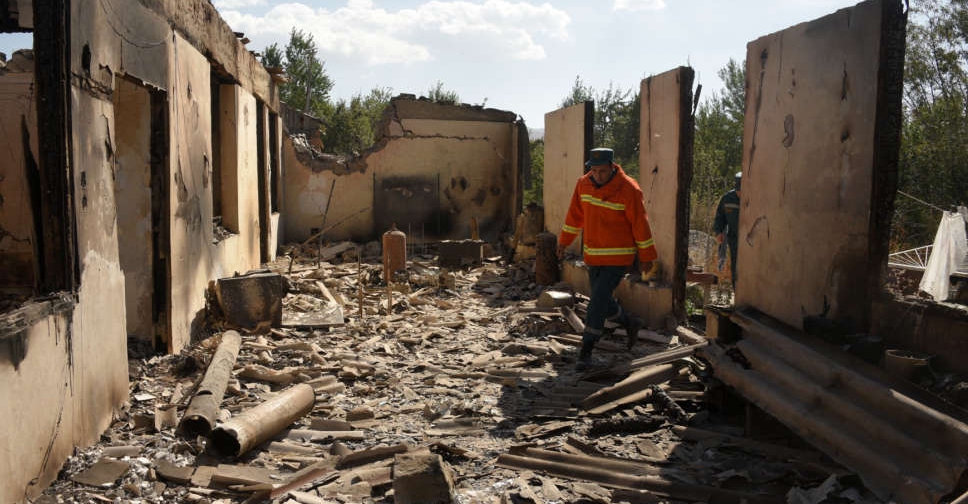
New clashes erupted between Azerbaijan and Armenia on Wednesday as international peace efforts intensified a day after nearly 100 soldiers were killed in the worst fighting between the ex-Soviet republics since 2020.
The Armenian defence ministry accused Azerbaijan, which is backed politically and militarily by Turkey, of firing artillery and small arms in a fresh attack.
At least 49 Armenian and 50 Azerbaijani soldiers were killed on Tuesday along their common border, prompting an appeal for calm from Russian President Vladimir Putin. Both sides blamed each other for the fighting.
The clashes have raised fears of another major armed conflict in the former Soviet Union while Russia's military is focused on the invasion of Ukraine.
A full-fledged conflict between Armenia and Azerbaijan would risk dragging in Russia and Turkey, and destabilise an important corridor for pipelines carrying oil and gas just as war in Ukraine disrupts energy supplies.
Azerbaijan accused Armenia, which is in a military alliance with Moscow and home to a Russian military base, of firing mortars and artillery at its army units. It said two civilians had been injured since the clashes erupted.
"Our positions are periodically being fired on at the moment," Azerbaijan's defence ministry said. "Our units are taking the necessary response measures."
On Tuesday, Armenia said its neighbour struck deep inside its territory, hitting Jermuk, a resort town known for its hot springs. Its defence ministry, which denied shelling Azerbaijani positions, said Wednesday's fighting had largely subsided by midday (0800 GMT).
Reuters was unable immediately to verify battlefield accounts from either side.
DIPLOMATIC EFFORTS
The flare-up in violence has triggered international concern, with Russia, the United States, France and the European Union calling for restraint and stepping up diplomatic efforts.
US Secretary of State Antony Blinken on Tuesday said Russia could either "stir the pot" or use its influence to help "calm the waters".
He held separate calls with Armenian Prime Minister Nikol Pashinyan and Azerbaijaini President Ilham Aliyev to urge a ceasefire, and in particular expressed concern about shelling deep in Armenia.
French Foreign Minister Catherine Colonna, in a call with her counterparts from both countries, also called for the "end of strikes against Armenian territory".
EU Special Representative Toivo Klaar was due in the south Caucasus on Wednesday to facilitate dialogue.
The Moscow-led Collective Security Treaty Organization (CSTO), to which Armenia appealed after the clashes erupted, dispatched a delegation to assess the situation on the border.
Armenia and Azerbaijan have been fighting for decades over Nagorno-Karabakh, a mountainous enclave internationally recognised as part of Azerbaijan but which until 2020 was entirely populated and controlled by ethnic Armenians, with backing from Yerevan.
Azerbaijan made significant territorial gains in and around Nagorno-Karabakh in a six-week war that year.
Since then, skirmishes have erupted periodically despite a Russian-brokered ceasefire and tentative steps on both sides towards implementation of a peace settlement.


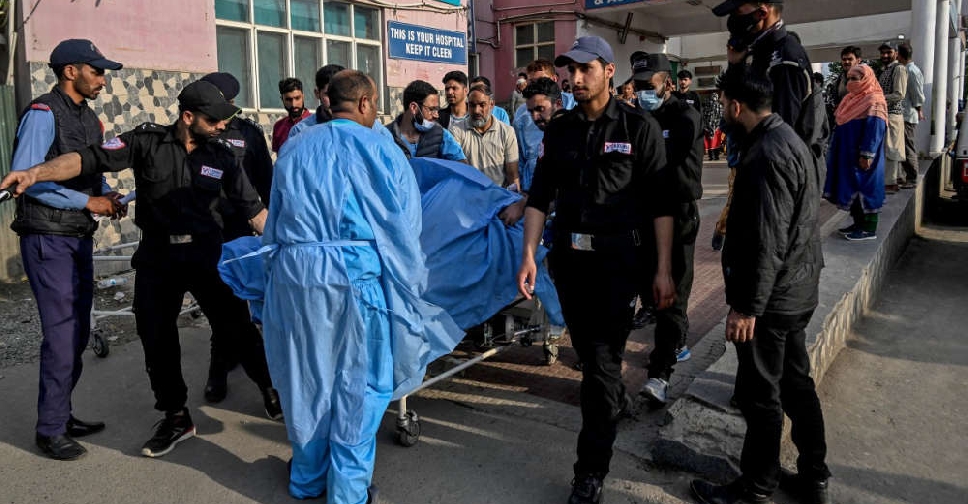 Multiple casualties in militant attack in Indian Kashmir
Multiple casualties in militant attack in Indian Kashmir
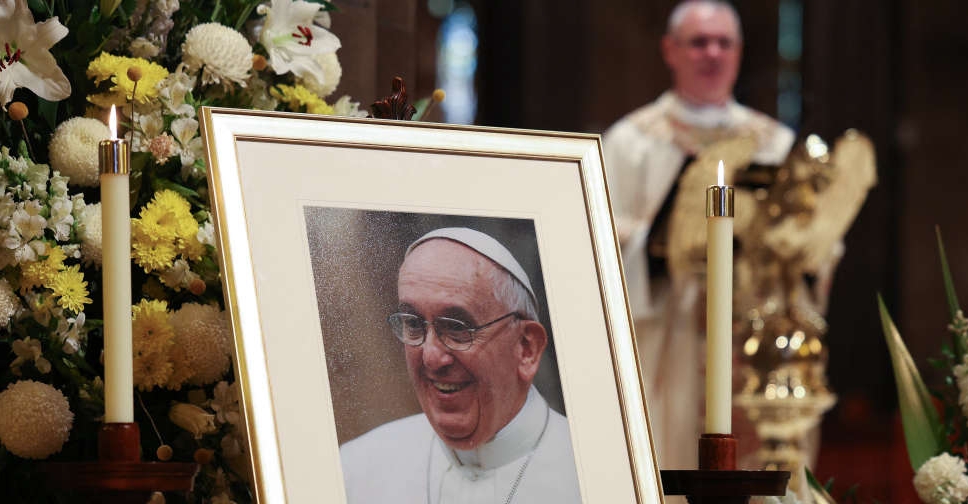 Pope Francis' funeral to be held on Saturday, Vatican says
Pope Francis' funeral to be held on Saturday, Vatican says
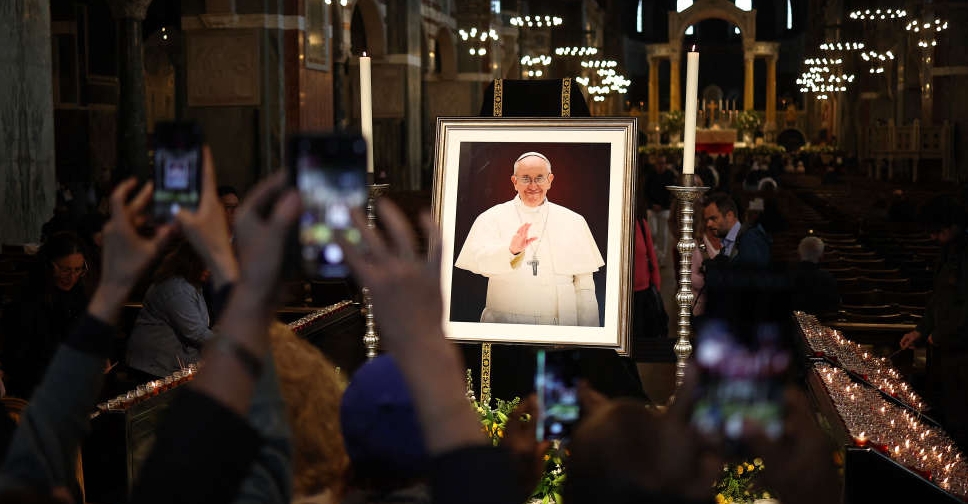 Cardinals meet after death of Pope Francis, plan for funeral
Cardinals meet after death of Pope Francis, plan for funeral
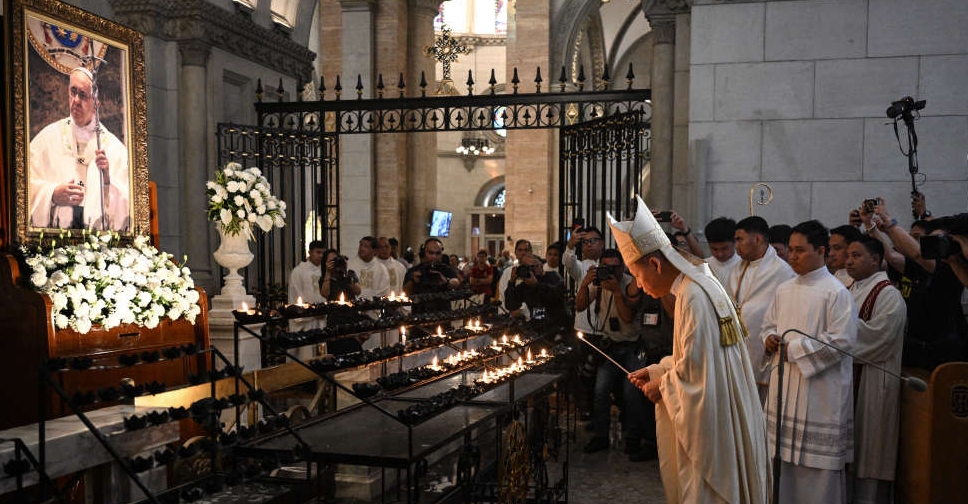 'A true father to us': Filipinos mourn Pope Francis
'A true father to us': Filipinos mourn Pope Francis
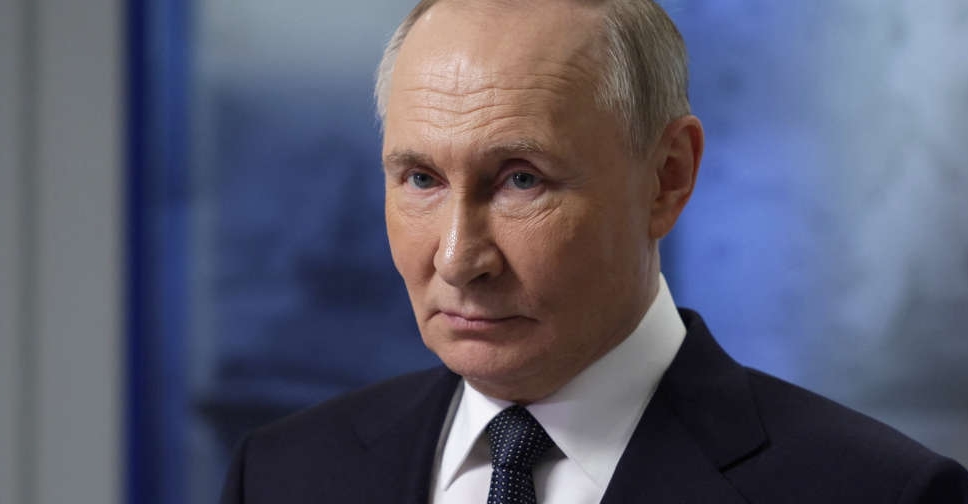 Putin says he is open to direct peace talks with Ukraine
Putin says he is open to direct peace talks with Ukraine
